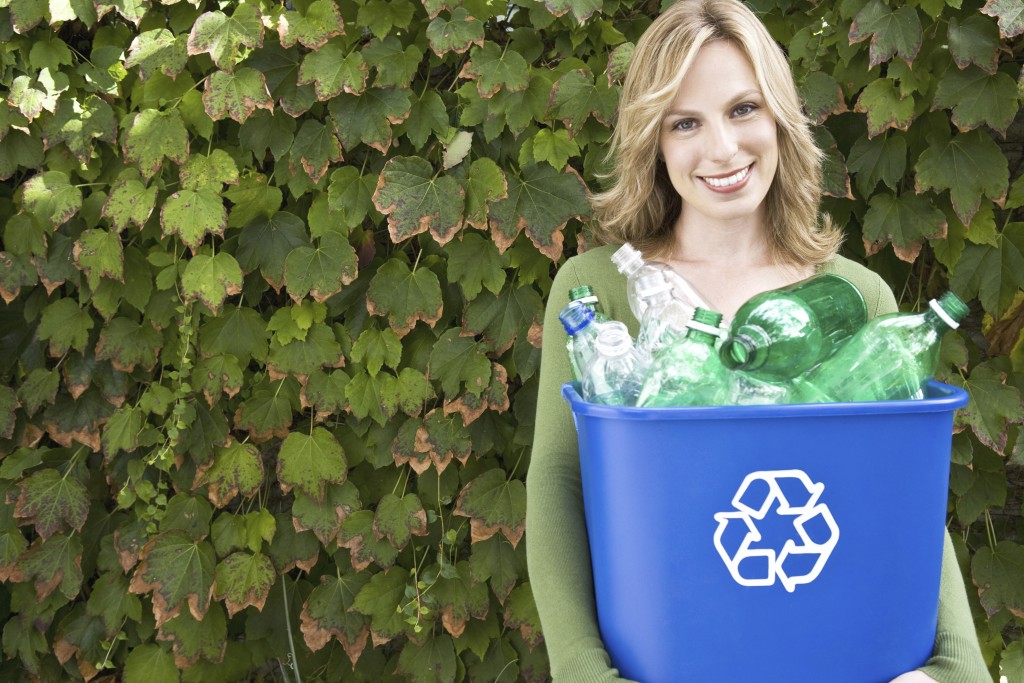In modern society, the dominating method of controlling behavior within citizens is penalizing negative actions. When we run a red light, we receive a ticket; when we commit a crime, we go to prison. The inherent flaw in this methodology is that it fails to incentivize good behavior. Deciding to eat a healthy meal or recycle trash provides little added utility, encouraging citizens to do the bare minimum to not receive a penalty rather than going above and beyond to benefit the environment and society. In short, E2F2 plans to remedy this discrepancy by providing the carrot to augment the stick. Through the creation of money-bound credits linked to positive community behavior, we will create a whole new form of subsidy market for sustainable choices and ultimately benefit the common good.
Who is Eligible
Any community member is eligible to earn credits for sustainable behavior. By simply owning a home, you can start earning Home Energy Credits; by owning a car, you can start earning Automotive Credits. As you continue to live a sustainable lifestyle, these credits automatically accumulate and can be easily tracked through software by both homeowners and industry contractors.
 Earning Credits
Earning Credits
By participating in sustainable actions that have an external benefit to public health or overall environmental conservation, you earn immutable credits that are stored on our DHL system. These credits can be tracked by you and provide transparent sustainability metrics to the larger industry.
Minting Credits
These immutable credits will convert to money as they are collatorized and sold to key industry stakeholders. Such a marketplace allows for monetary value to be innately attached to these sustainable credits, incentivizing homeowners to be more cognizant of their daily actions in relation to the community and environment.
Forging a Sustainable Future
Through this system, we hope to provide an incentive to make socially and environmentally healthy choices, both in homes and within businesses. Through this new model, we can renovate modern capitalism to promote social benefits and encourage energy efficiency, health, safety, and green personal choices.
